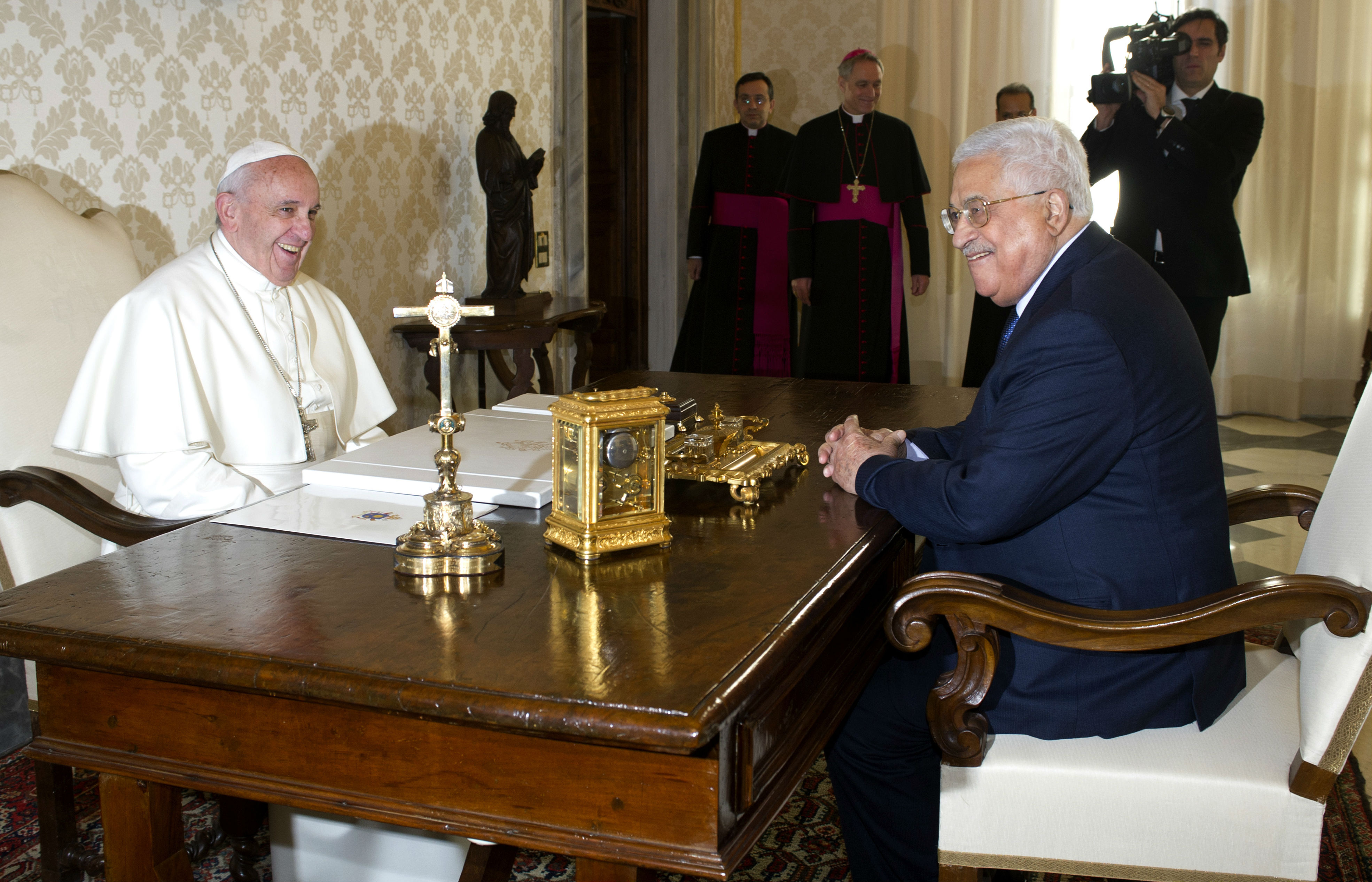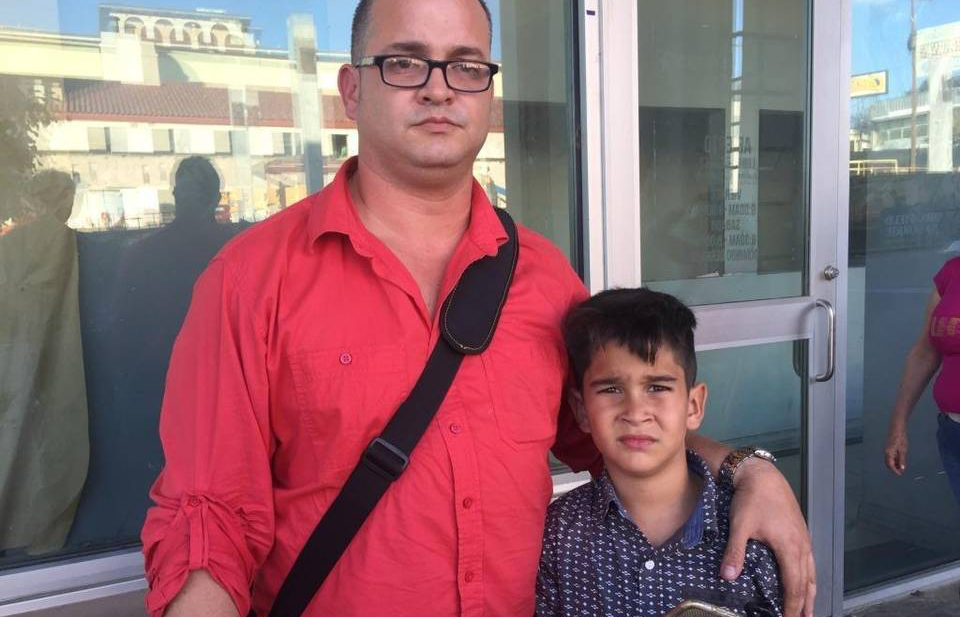Catholic bishops in the US have expressed their disappointment at the scrapping by outgoing President Barack Obama of the "wet foot, dry foot" policy that allowed Cubans arriving in the US without a visa to remain and gain legal residency.
Thousands of Cubans making the difficult journey overland across Central America have been left stranded by the sudden announcement last week - many of whom having sold all the property and possessions and paid up to £10,000 to "guides".
"Effective immediately, Cuban nationals who attempt to enter the United States illegally and do not qualify for humanitarian relief will be subject to removal, consistent with US law and enforcement priorities," Obama said in a statement last week. "By taking this step, we are treating Cuban migrants the same way we treat migrants from other countries."
The repeal of the policy, dubbed "wet foot, dry foot," was effective immediately and followed months of negotiations. It was praised by the Cuban government as "an important step in advancing relations" between the two countries.
Bishop Joe S. Vasquez of Austin, Texas, migration committee chairman, said the US bishops have "welcomed normalising relations with Cuba," but he also noted that "the violation of basic human rights remains a reality for some Cubans and the 'wet foot, dry foot' policy helped to afford them a way to seek refuge in the United States."
The bishop also noted the remarkable contributions of Cuban Americans, saying they have been "one of the most successful immigrant groups in US history" and that the protections that had been given to them "were a model of humane treatment".
Bishop Vasquez said ending the policy will "make it more difficult for vulnerable populations in Cuba, such as asylum seekers, children, and trafficking victims, to seek protection".
President Bill Clinton created the policy for Cuban immigrants in 1995, revising one that had allowed Cubans caught at sea on their way to the United States to become legal residents in a year.
Under the terms of the new agreement, Cuba has agreed to take back those turned away from the US if the time between their departure from Cuba and the start of deportation hearings in the US is four years or less.
The Associated Press reported that since October 2012, more than 118,000 Cubans have presented themselves at ports of entry along the US border. The number included more than 48,000 who arrived between October 2015 and November 2016.
Cubans already in the United States under the old policy will be able to continue the process toward gaining legal status.
Bishop Vasquez said that moving forward, he and his fellow bishops would continue to work to ensure "humane treatment for vulnerable populations, from Cuba and elsewhere, seeking refuge in the United States".
PICTURE - Yuniesky Marcos Roque and his 7-year-old son were the last Cubans allowed through the border station at Laredo, Texas, last week after President Barack Obama announced with immediate effect that the US will no longer allow Cubans without visas to enter the US. The decision left thousands of Cubans who had sold their homes and belongings stranded in transit across Central America




 Loading ...
Loading ...